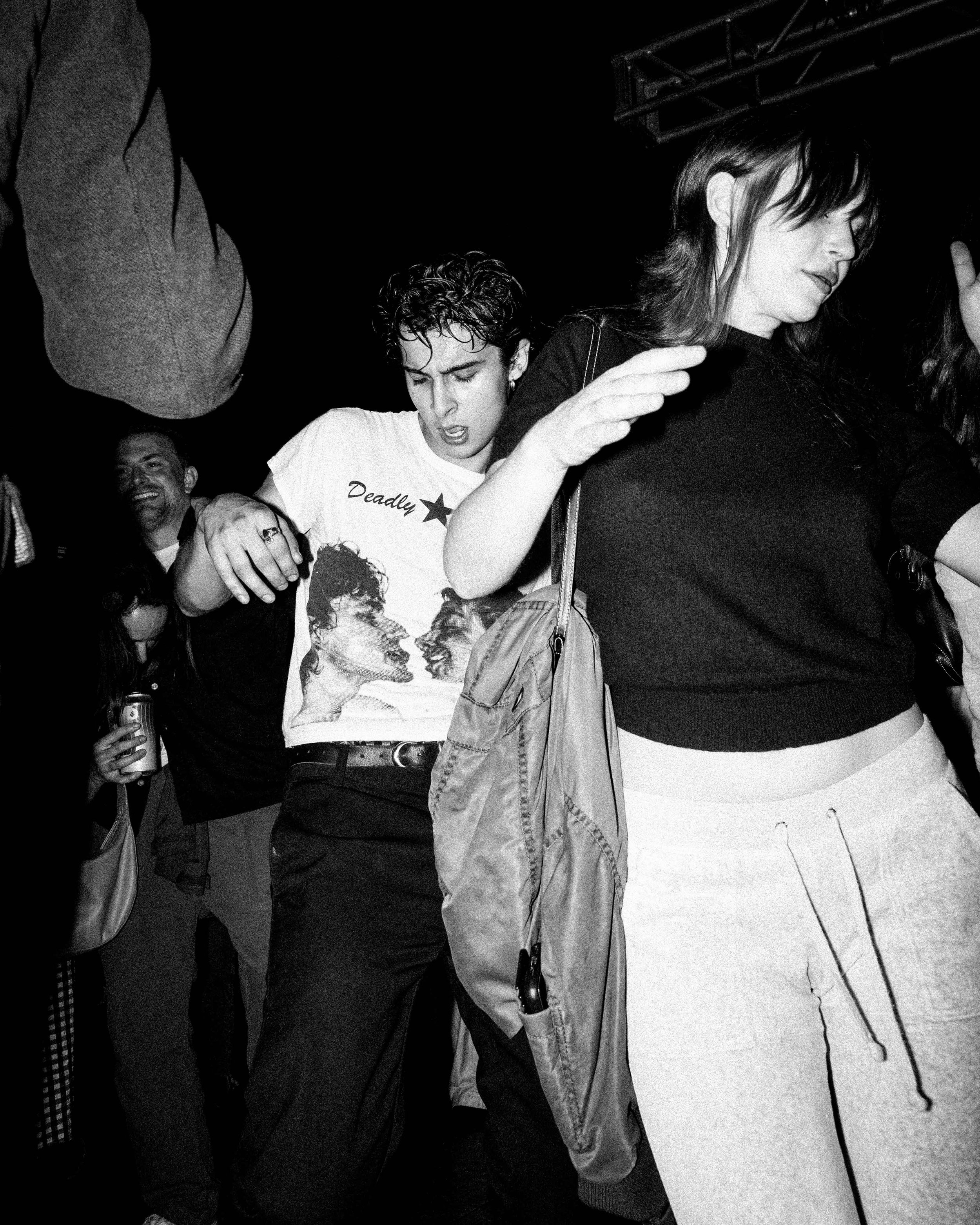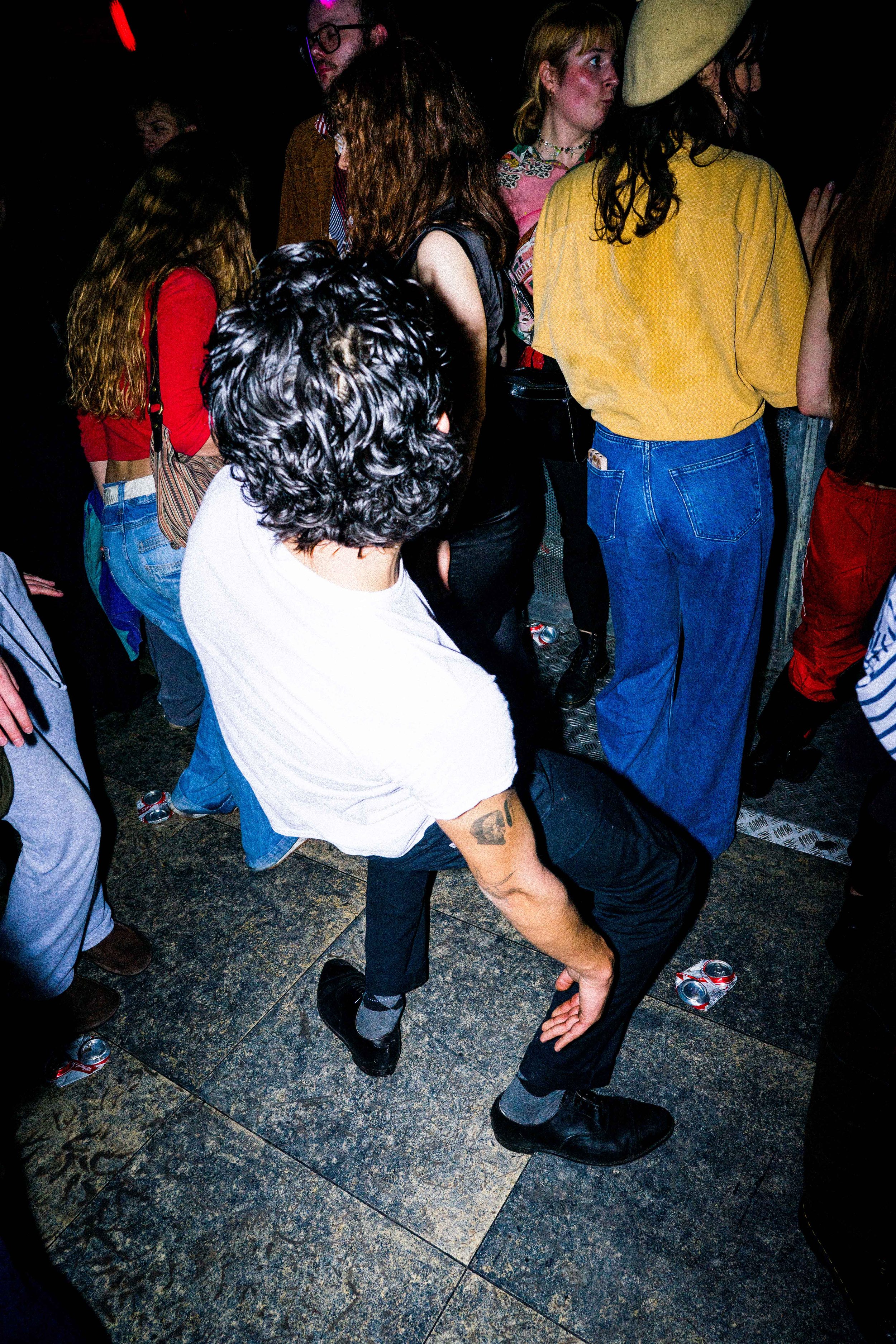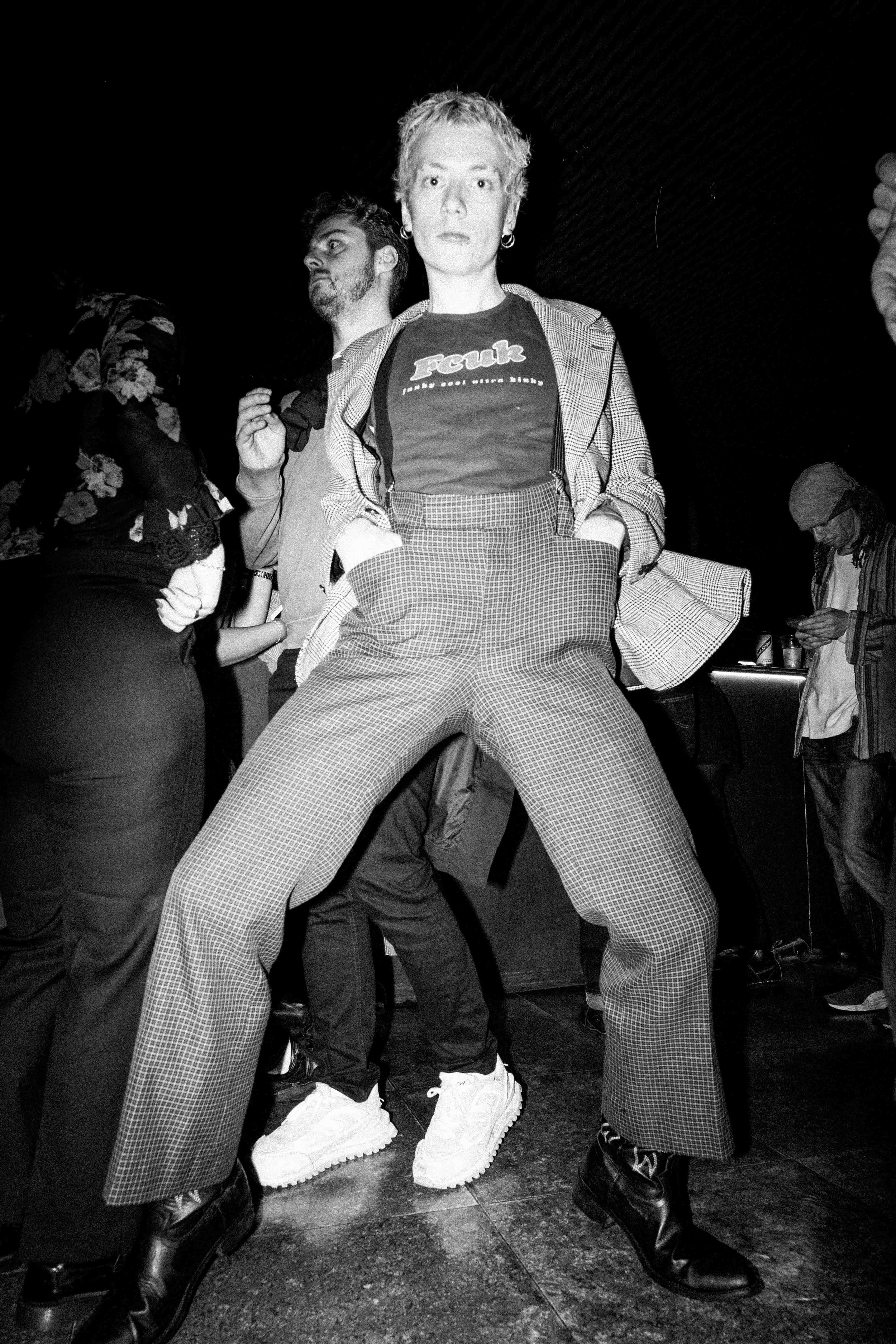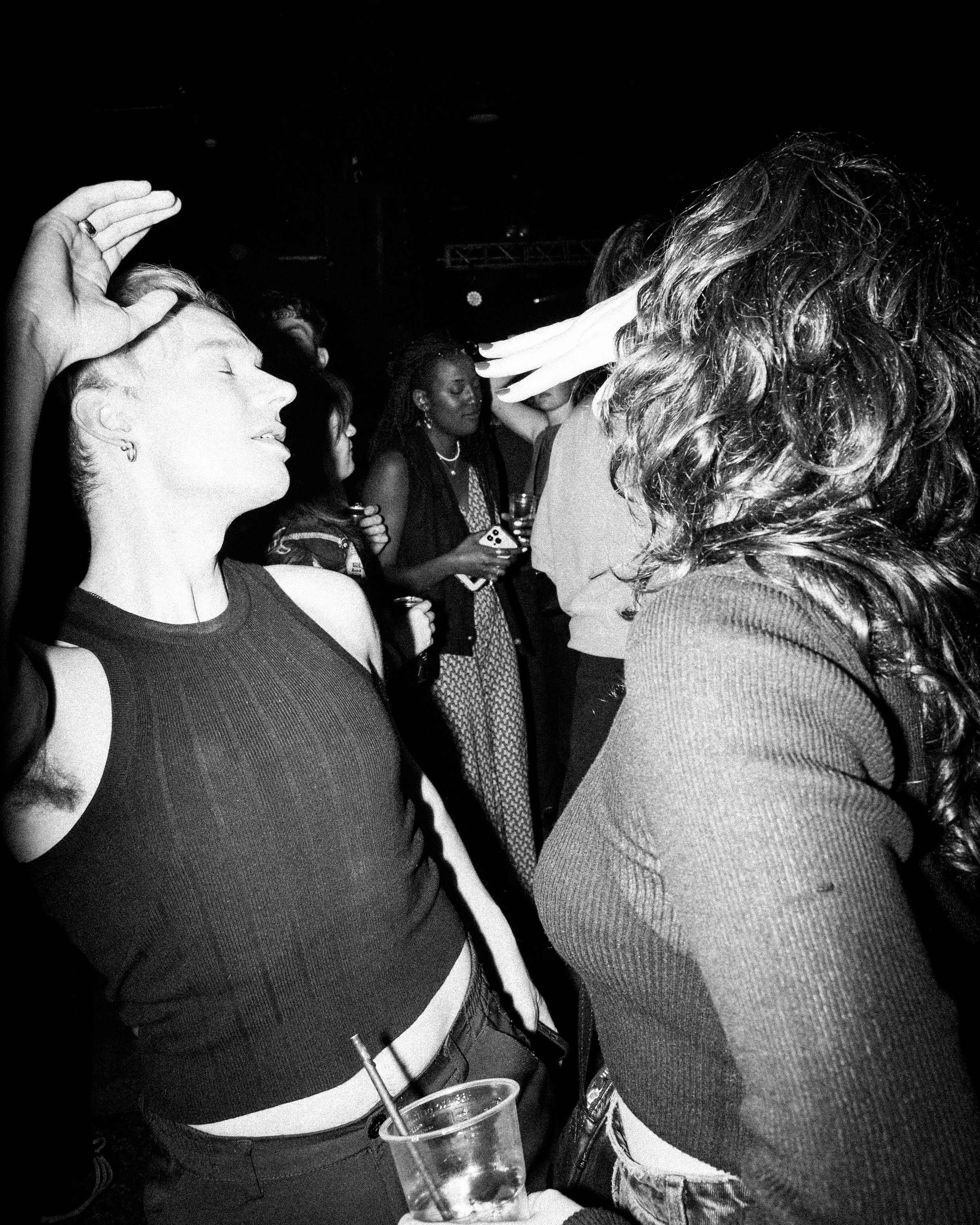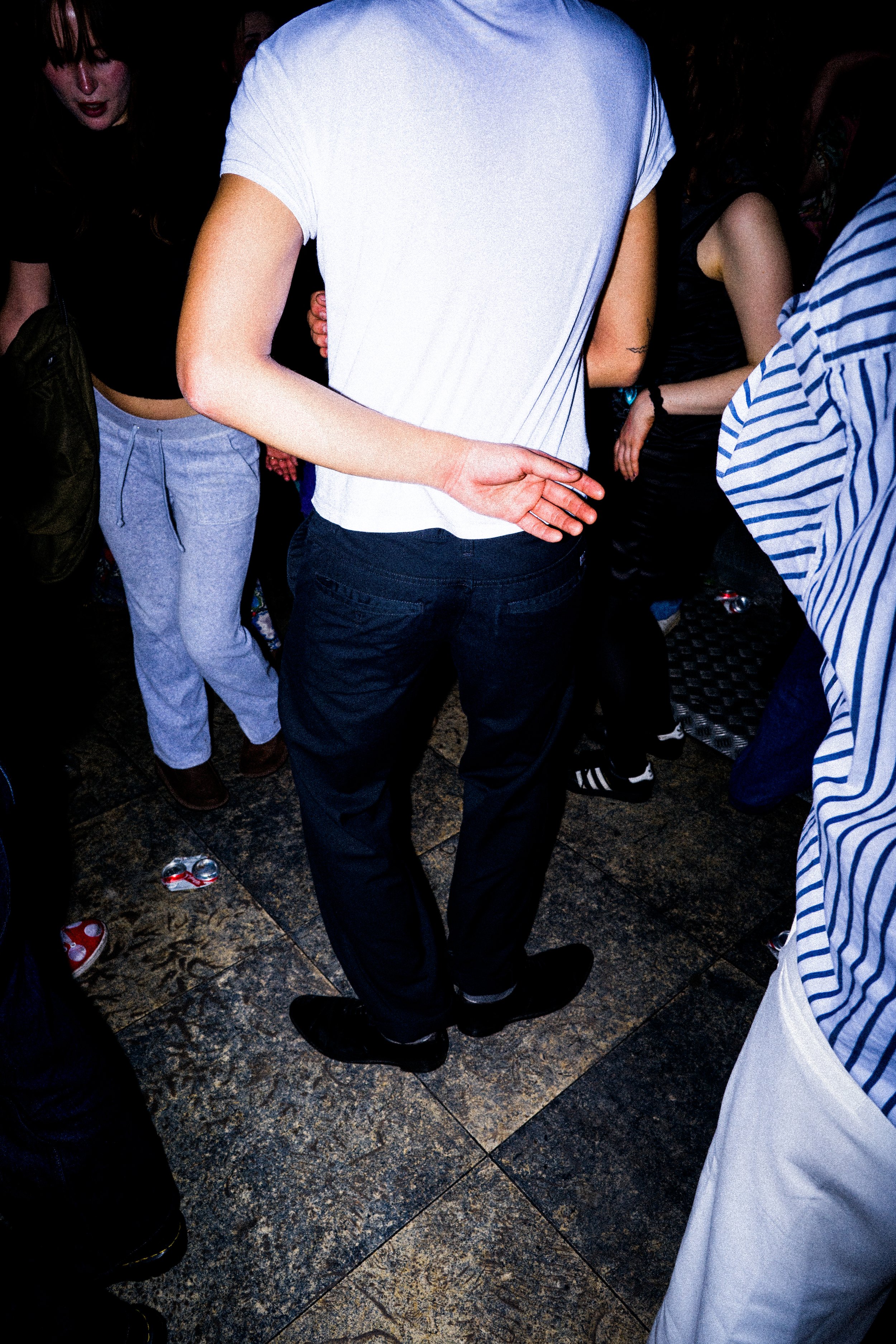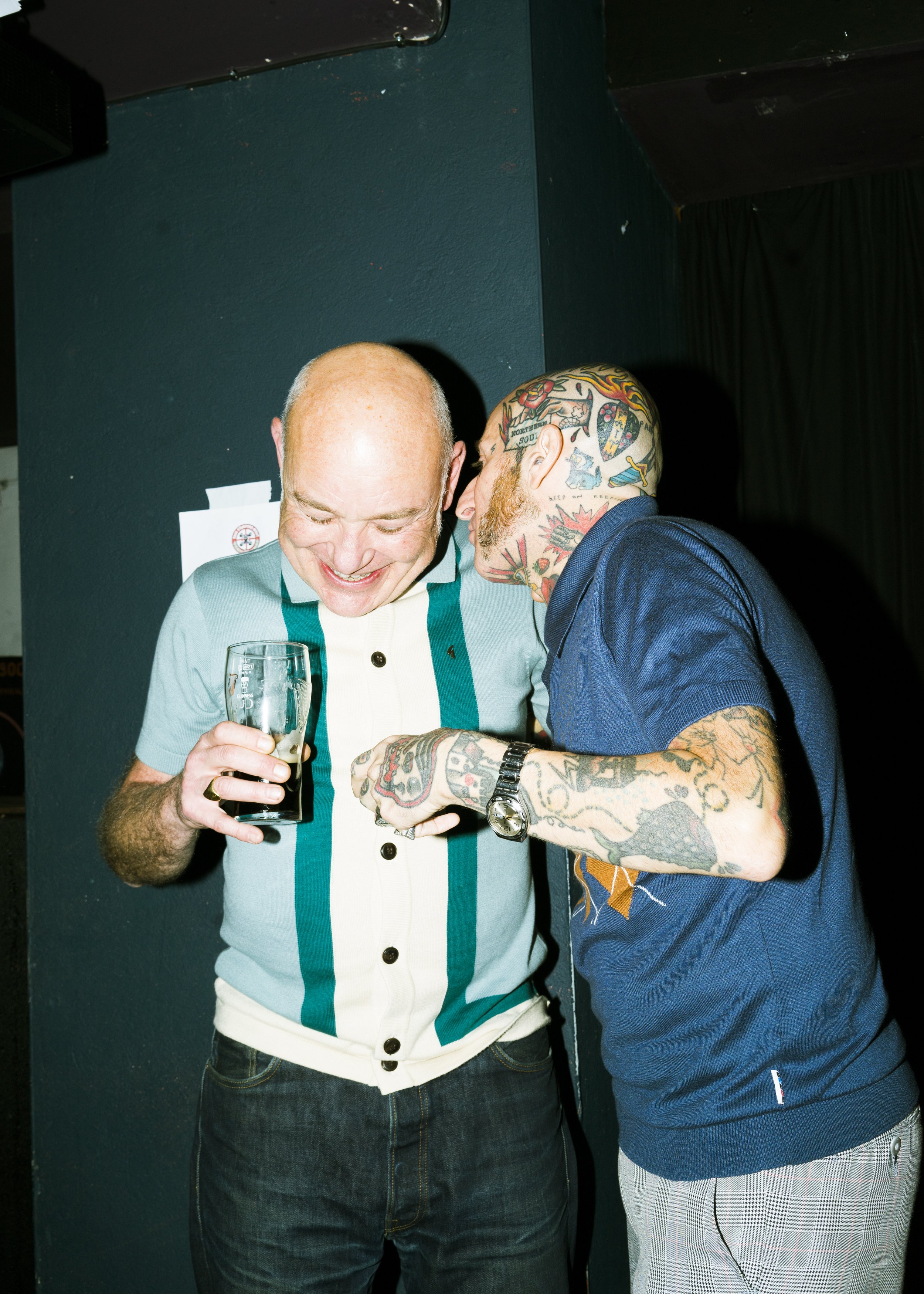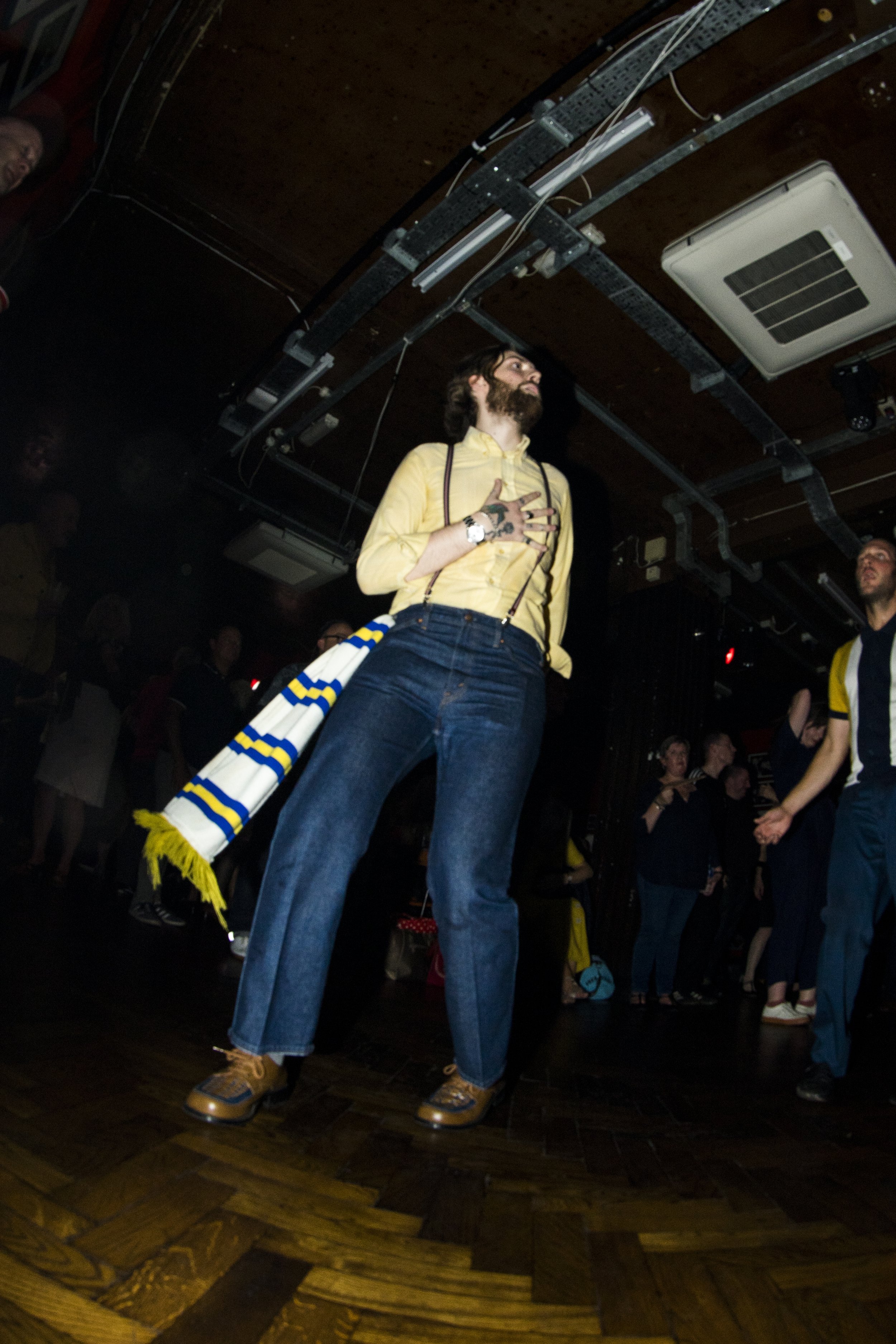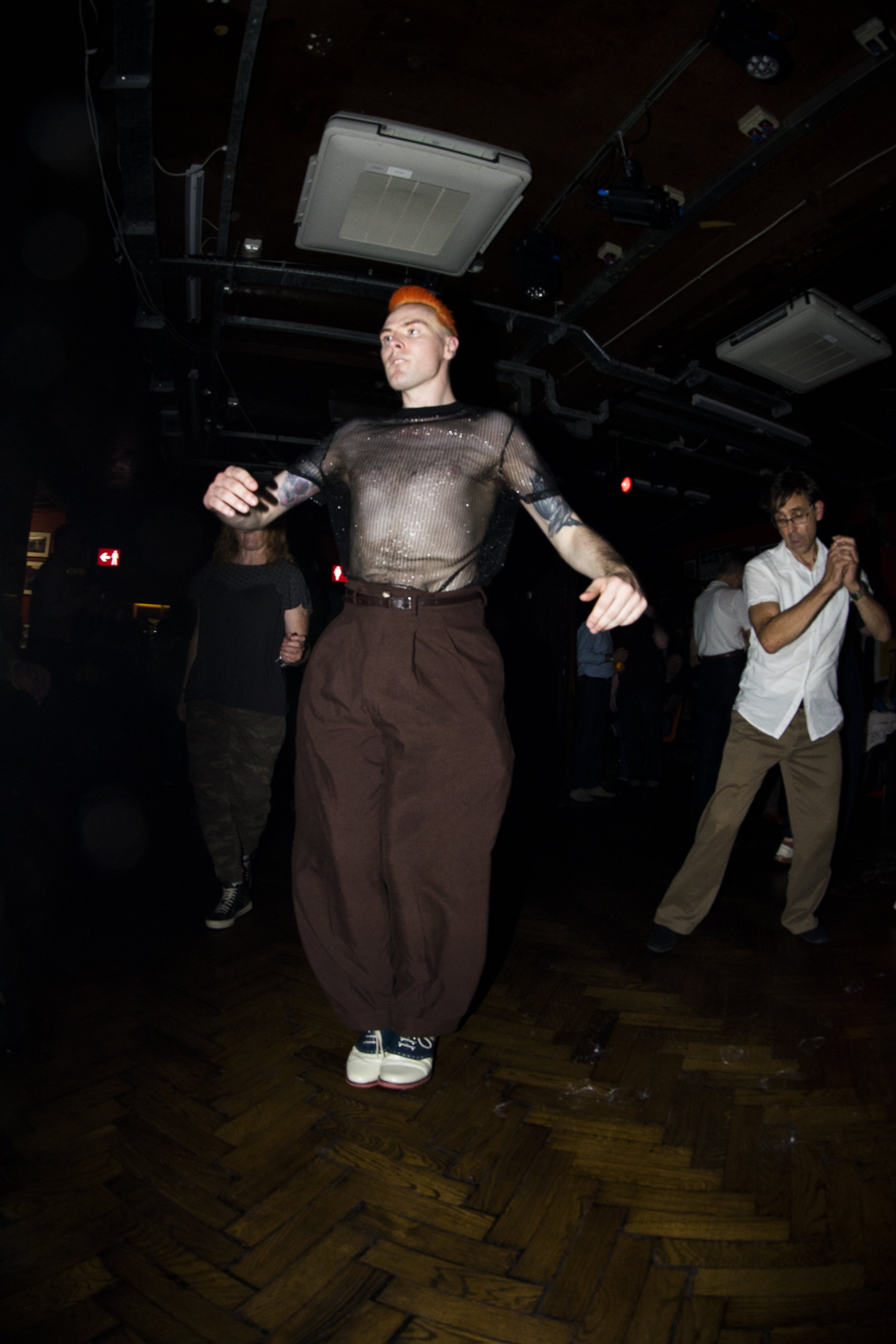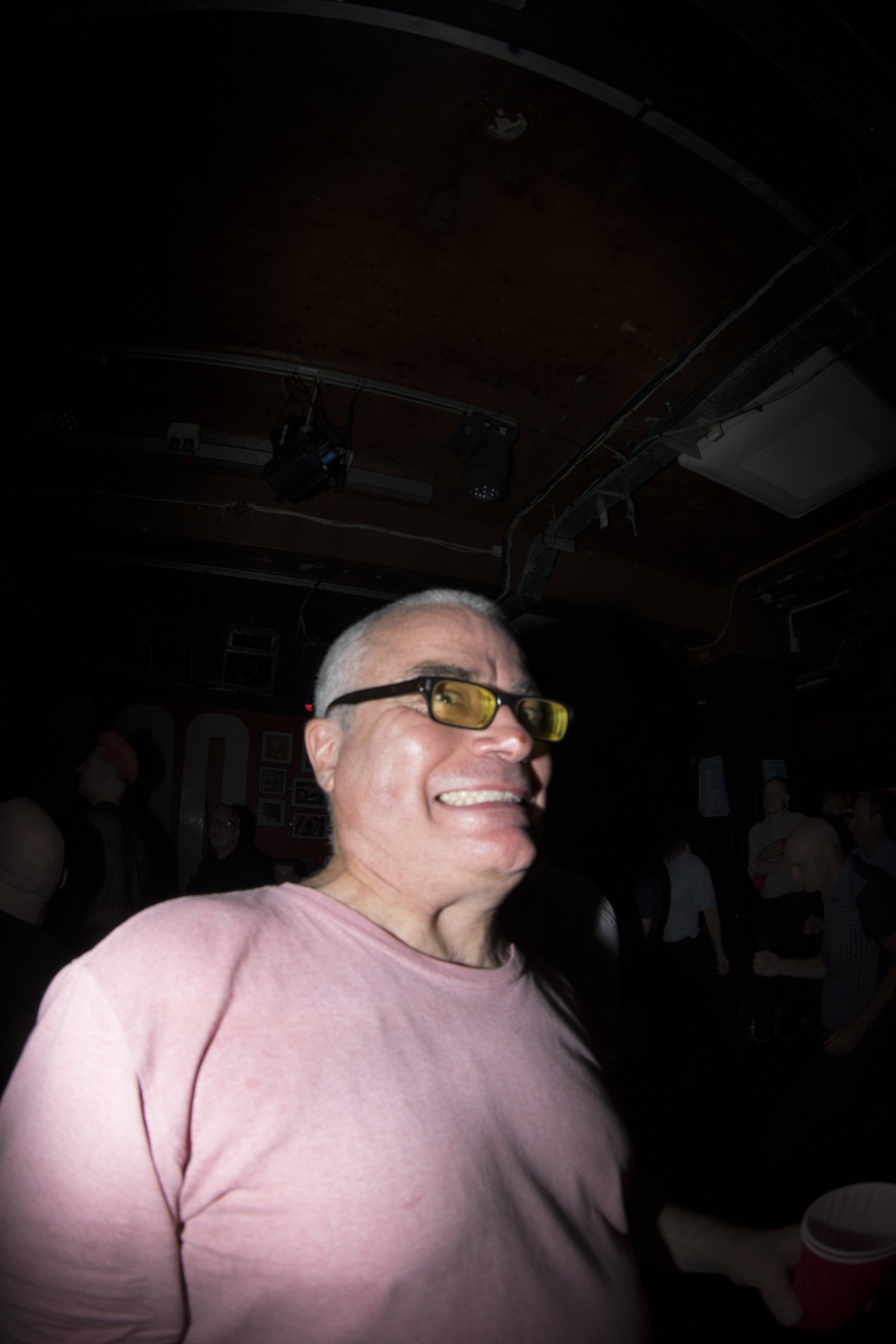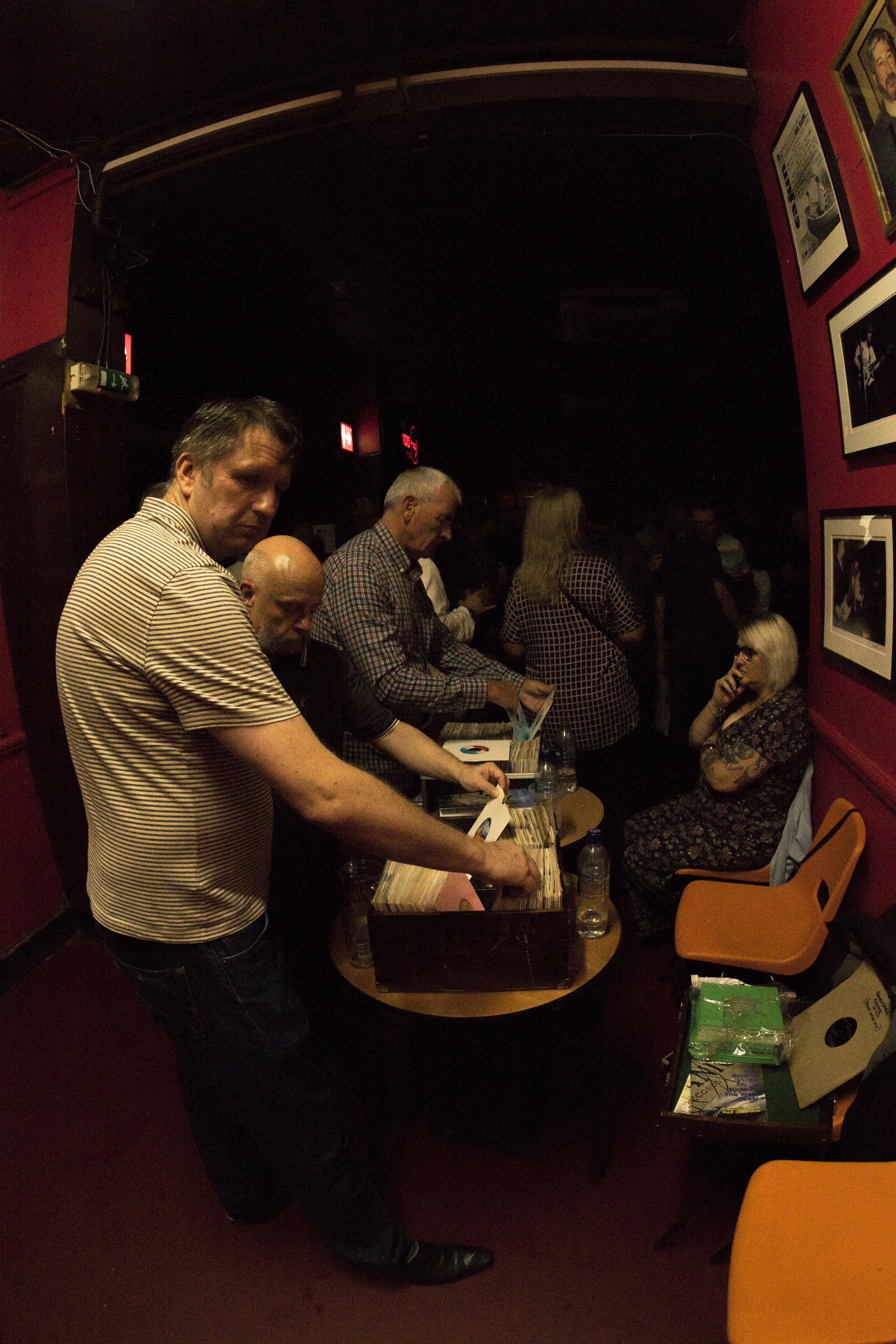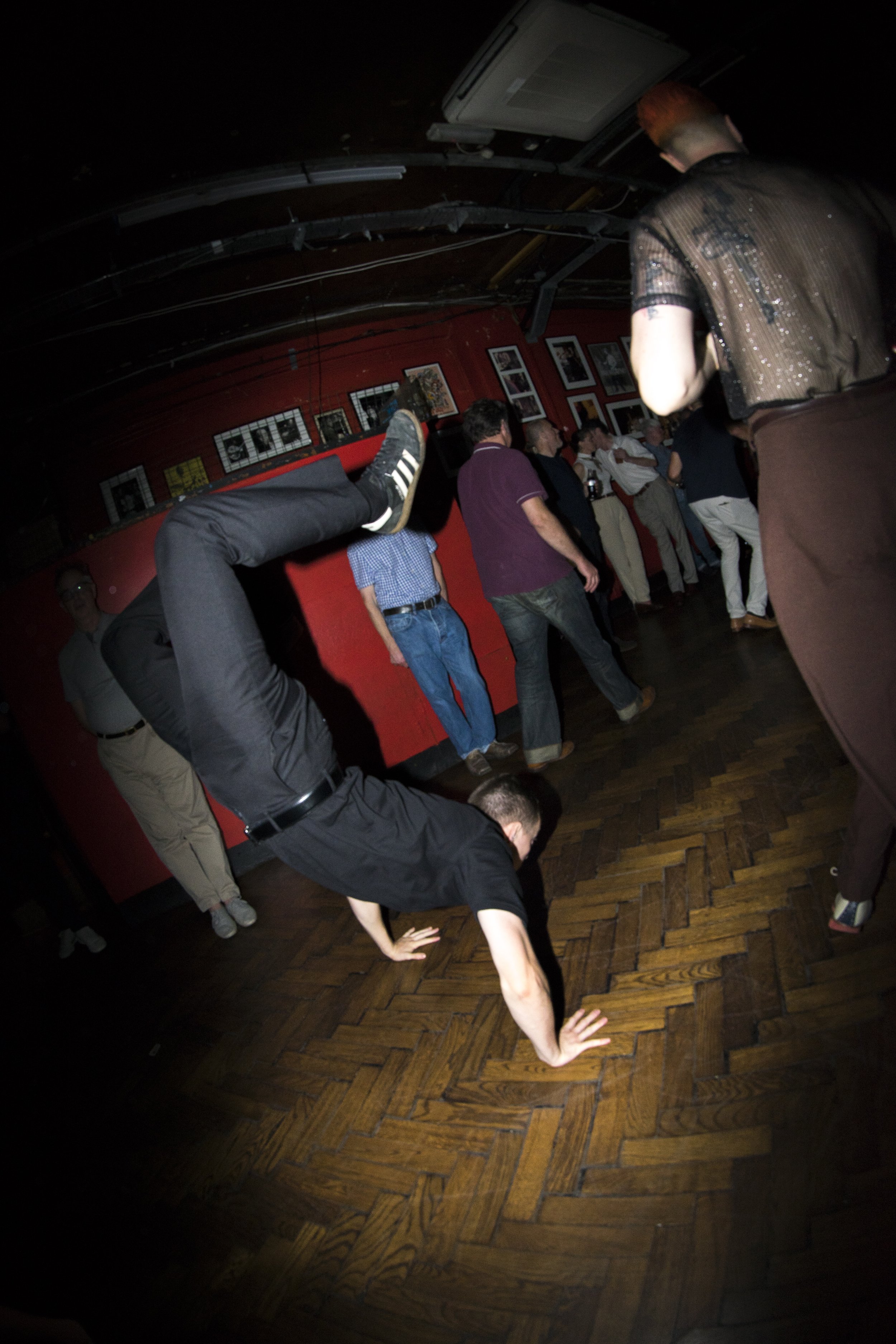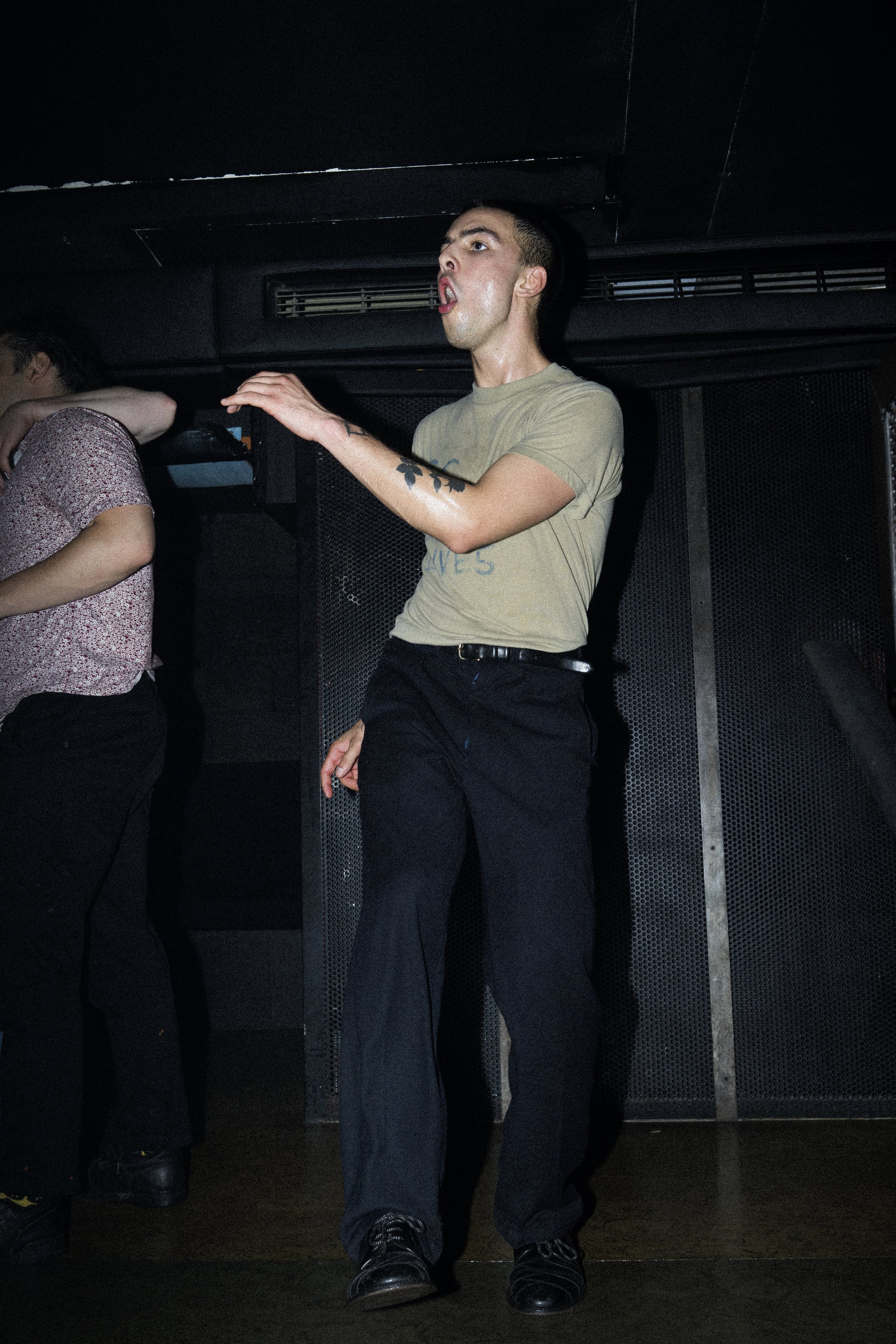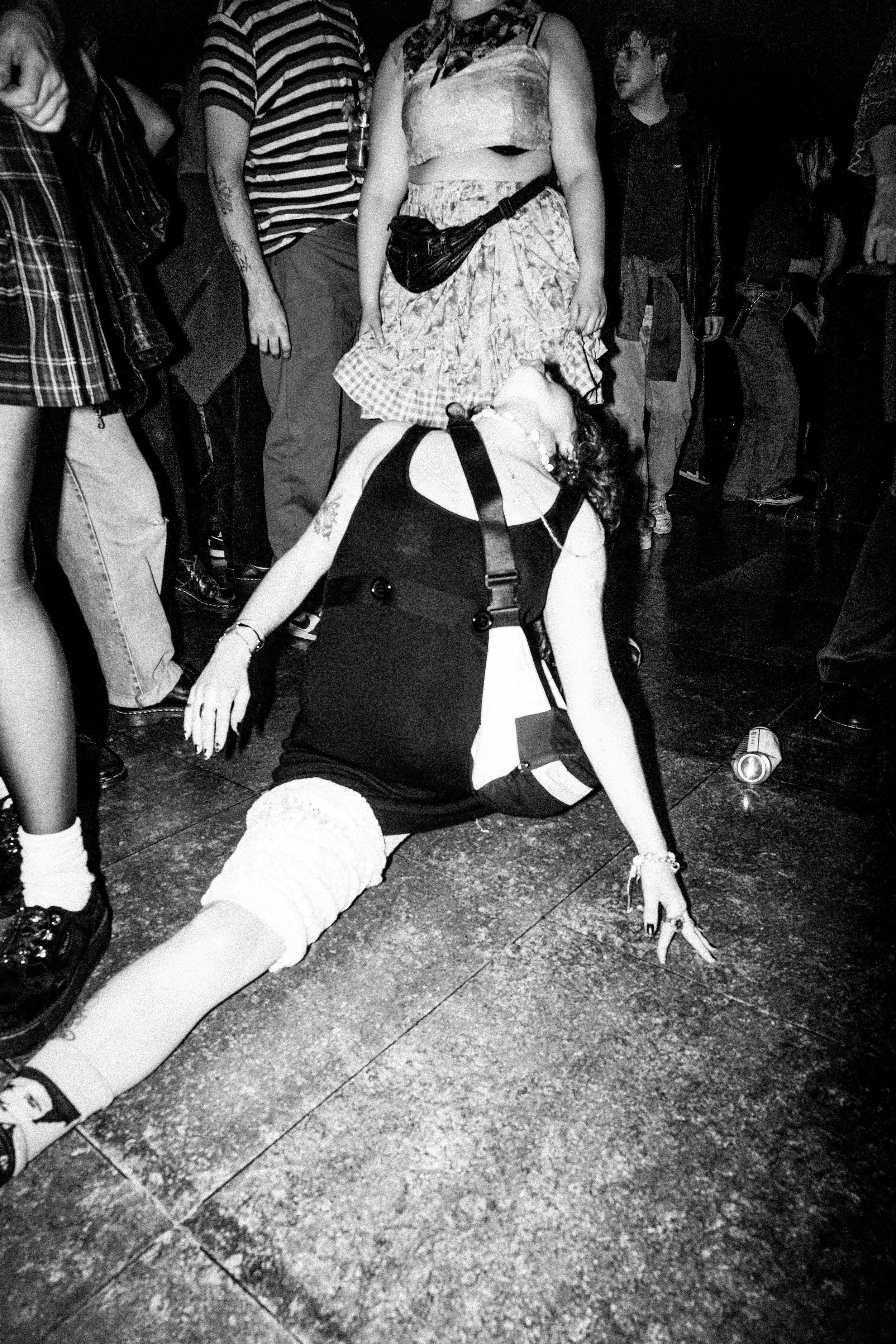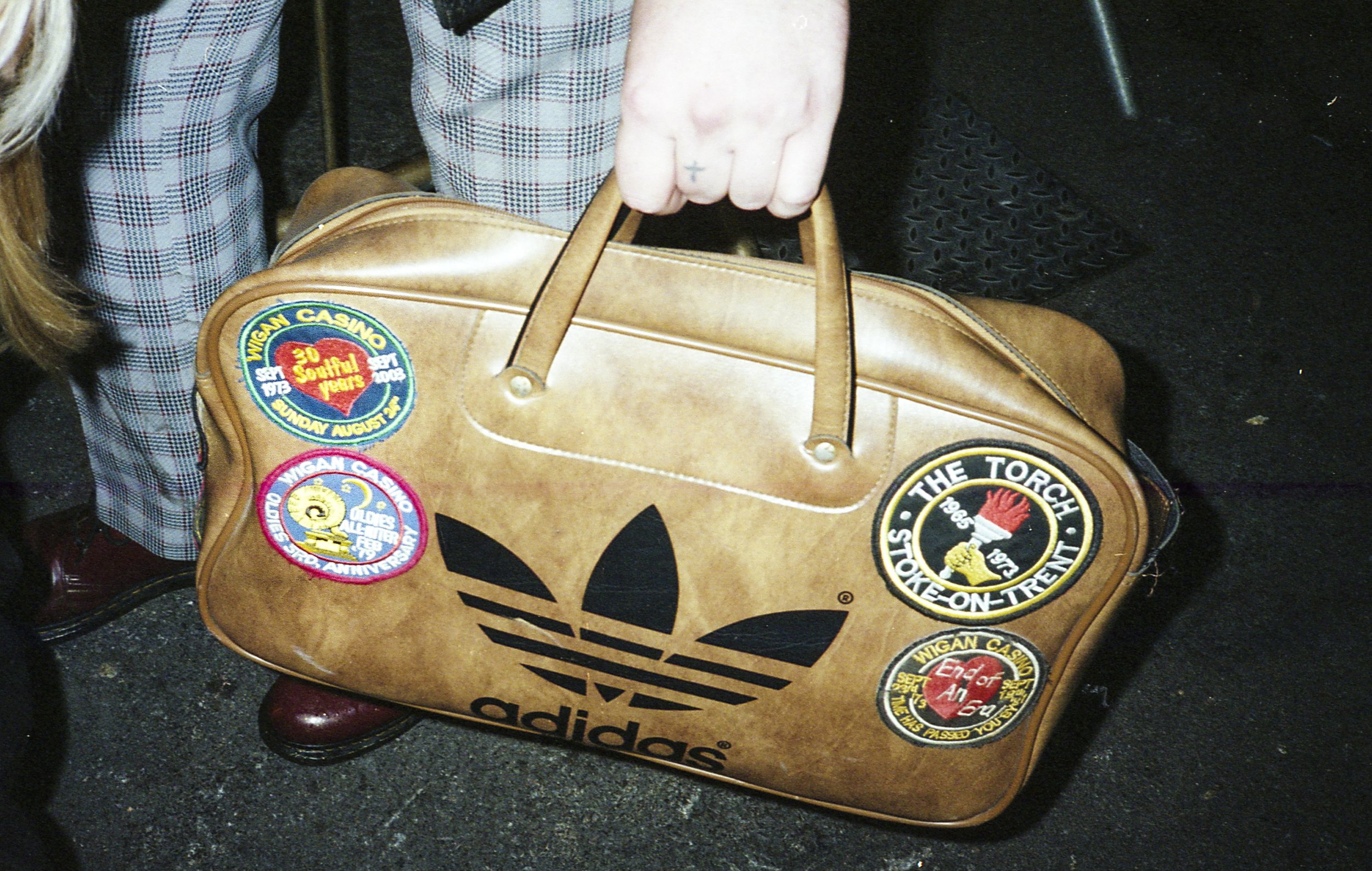
Northern Soul
The roots of Northern Soul emerged from the rhythm and soul genres of the 1960s, with The Beatles leaving for the States Soul records made their way to the nightclubs in the North of England. Co-opted from the car factory laden music powerhouses in Detroit to the steel works and working classes of England, Northern Soul provided an outlet in which people were able to escape and completely let themselves go for one night of the week. With a fast tempo typified by a 4/4 beat and contrasted by lyrics about heartbreak and the difficulties of love, a new form of music inspired the 60s mods from London and spread to the clubs of Northern England such as Wigan Casino and the Twisted Wheel in Manchester being at the forefront of the new emerging scene.
What started as Northern football fans looking for soul records whilst down in London for a match, the popularity of Soul grew and this soon led to DJ’s going on the hunt to America in search for rare Soul records that weren’t played anywhere else in England. Even still, it took a long time for the Soul records to be played on mainstream radio in England, with pirate radio being the place to listen outside a record player or a nightclub. Northern Soul is known for its demanding dancing, resulting in a lot of the time is spent waiting on the sidelines for the song you love. The key is timing, something that becomes progressively harder as the night wears on, fading in and out of fatigue, sometimes being able to recover as the circadian rhythm starts the next step of its cycle. Eventually the dawn approaches, you are given the clemency of a second wind of energy. It would be easy to forgive yourself for using alcohol or anything else as a means of Dutch courage to start dancing, but after a while it becomes difficult to decipher whether it is making you a better or worse dancer. Back in the day it was pharmacy supplied (or stolen) amphetamines, originally intended as weight loss aides that became fuel for the all-nighters and a way around the alcohol licensing laws of the seventies. This template of late night dancing and barbiturates can be seen as the forefront for the emergence of rave culture in the following decades.
As Soul and Motown fell out of fashion in the late sixties and early seventies, many DJs went in search for the cheap and unknown records, with a particular mind for the B-sides, which ensured exclusivity within the Northern Soul club scene. This ensured that many records could only be heard in that particular club, by that particular DJ at that moment in time, a stark contrast compared to the instantaneous relationship we have with music today. Much like fossil fuels, the search for new and unheard records was a finite endeavour, eventually it became difficult to bring new songs to the scene.
The future of Northern Soul is a difficult question, a genre that even in its heyday was formed by songs from a bygone era. Its influences still live on from inspiring club culture, forming an outlet for working classes to escape the doldrums of the Monday to Friday routine, as well as its dancing style that would become a precursor to break dancing. With 70s fashion making a reoccurrence and the next generation of the sons of daughters of those who were there in the halcyon days following in their parents footsteps Northern Soul seems to be making a comeback as does the resurgence of vinyl facilitating the old traditions of hunting for rare records. Headed by Will Foot and Lewis Henderson, Deptford Northern Soul Club represents the best stepping-stone for young people outside the scene to make an entry into Northern Soul today. Attempts at recreating the golden days of Wigan Casino by way of spins and backdrops are ill-advised though, with floors wet from the spilt drinks of its attendees (a sacrilege amongst more hardcore Northern Soul nights) which if you are unlucky could end up being the source of your emerging back pain in the next 40 years. Even so, Deptford Northern Soul Club is immensely successful at packing Soul and youth together in one room, something I haven’t seen in any other Northern Soul night. That being said it is an absolute must that if you are interested in Northern Soul you venture into one of the other nights whereby you might be able to see someone give themselves fully to the music and expel their energy like a burning flame until it is physically not possible to continue any more. The 100 Club’s 6T’s night offers a more traditional looking glass into the old days, with talcum covered floors and people trading records in the corners of the club. The awe is certainly not lost watching people old enough to be my parents dancing as the sun begins to rise, and my muscles start to seize up and the lethargy starts to set in as I wonder to myself if I really am that unfit.






